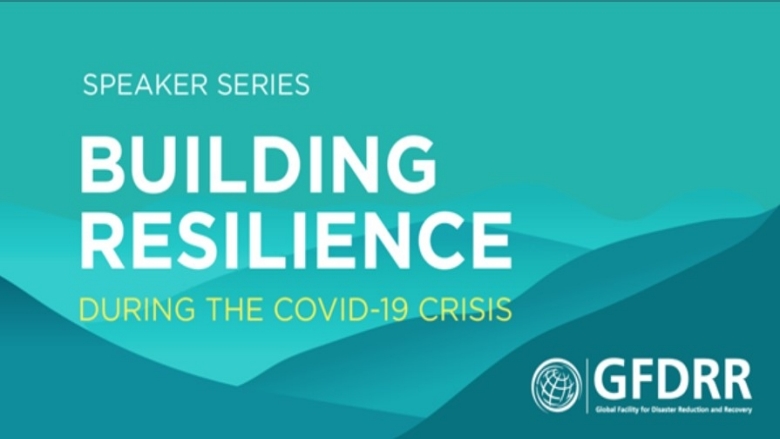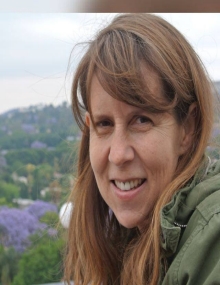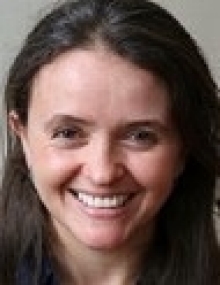Learning from Multi-Hazard Early Warning Systems to Respond to Pandemics
Date: June 23, 2020
Session Time: 8.30 am – 9:30 am
One of the lessons from the COVID-19 pandemic is the need to understand the vulnerability of individuals, communities and societies in order to have reliable, targeted guidance and early warnings. Meteorology and hydrology are making good progress in this direction, so what can we learn from those experiences? This event will be a discussion on the prospects for applying Multi-Hazard Impact-based Early Warning Systems (MHIEWS) to pandemics, drawing on insights about what works well when communicating information about risk.





